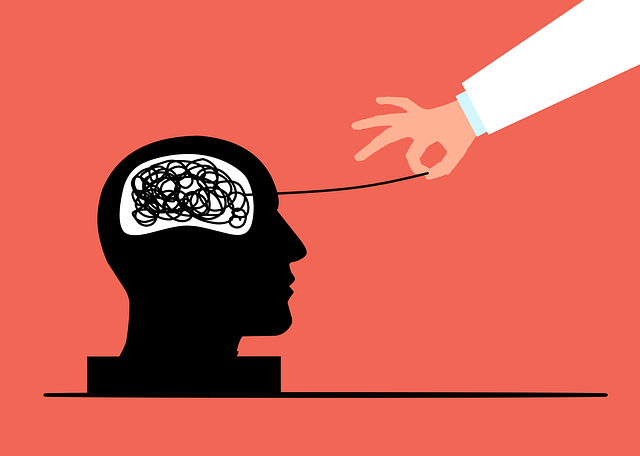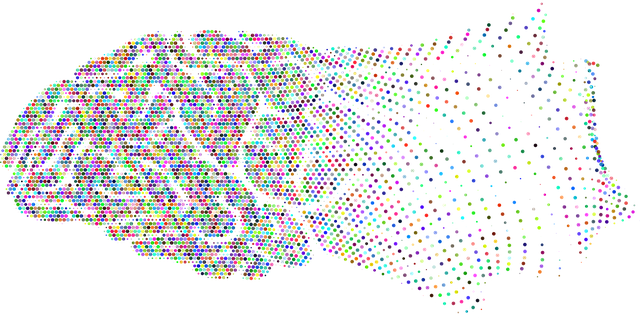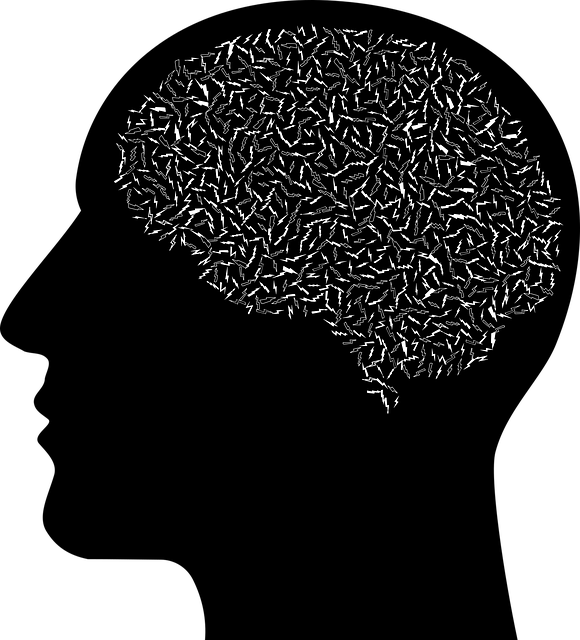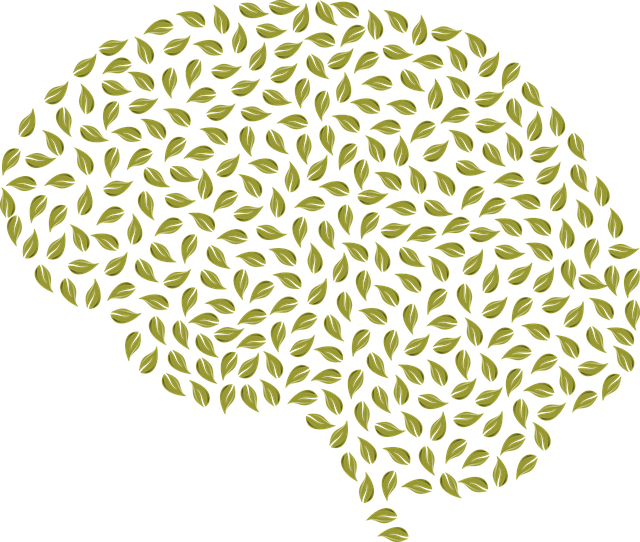Greenwood Village Neuro Disorders Therapy leverages advanced data analysis techniques to gain profound insights into mental health trends and patterns, tailoring treatment strategies for improved patient outcomes. By integrating diverse data sources – from clinical records to online platforms – they identify risk factors, develop personalized coaching programs, and proactively manage crises. This data-driven approach enhances therapeutic communication, teaches effective coping skills, and enables the therapy center to stay at the forefront of evidence-based mental health care.
Mental health data analysis is a powerful tool for understanding complex psychological conditions. This article explores techniques for collecting, analyzing, and interpreting mental health data, with a focus on practical applications at Greenwood Village Neuro Disorders Therapy. We delve into various sources of mental health data, from patient records to wearable devices, and discuss advanced analytics methods that reveal insights into neurodisorder trends. By understanding these patterns, healthcare providers like Greenwood Village can personalize treatments, improve outcomes, and offer more effective care.
- Understanding Mental Health Data: Collection and Sources
- Data Analysis Techniques for Mental Health Insights
- Interpreting Results: Identifying Patterns and Trends
- Applications of Mental Health Data Analysis at Greenwood Village Neuro Disorders Therapy
Understanding Mental Health Data: Collection and Sources

Understanding mental health data is a multifaceted process that begins with recognizing the diverse sources and methods of collection. This information can stem from various settings, including hospitals, clinics, private practices like Greenwood Village Neuro Disorders Therapy, and online platforms offering digital therapy services. Each source provides unique insights into an individual’s psychological well-being or the broader mental health trends within communities. For instance, clinical records offer detailed accounts of patient encounters, while population-level data from surveys or administrative databases provide a broader perspective on mental health prevalence and outcomes.
Integrating these varied data sources is crucial for comprehensive analysis, allowing researchers and professionals to identify patterns, correlations, and risk factors associated with mental health disorders. This holistic approach informs evidence-based practices in risk management planning for mental health professionals, fosters resilience building among individuals, and facilitates emotional healing processes within communities.
Data Analysis Techniques for Mental Health Insights

In the realm of mental health, data analysis serves as a powerful tool for uncovering insights that can revolutionize treatment approaches. Techniques such as statistical modeling and machine learning algorithms enable professionals to make sense of vast datasets, identifying patterns and trends that may otherwise remain hidden. By employing these methods, practitioners at Greenwood Village Neuro Disorders Therapy can gain valuable knowledge about various mental health conditions, including depression prevention strategies. Advanced analytics allow for a more nuanced understanding of risk factors, enabling personalized interventions that cater to individual needs.
Moreover, data analysis facilitates the development of empathy-building strategies. Through the careful examination of patient narratives and outcomes, therapists can refine their approaches, fostering more effective communication and connection with clients. Encouraging positive thinking is another benefit; by analyzing successful treatment cases, professionals can identify common factors contributing to positive outcomes, which can then be applied to enhance therapeutic effectiveness. These insights are crucial in navigating the complex landscape of mental health care, ultimately improving patient outcomes and fostering a supportive environment.
Interpreting Results: Identifying Patterns and Trends

When analyzing mental health data, one of the critical steps is interpreting the results to identify patterns and trends that can provide valuable insights. This process involves a meticulous examination of individual cases while also considering broader population trends. By employing advanced statistical methods, mental health professionals at Greenwood Village Neuro Disorders Therapy can uncover hidden correlations and anomalies, leading to more accurate diagnoses and effective treatment plans.
For instance, analyzing patient data over time might reveal specific triggers for anxiety or depression within certain demographics. This knowledge can inform the development of tailored mental wellness coaching programs and resilience-building strategies. Moreover, identifying trends in risk assessments can help mental health professionals proactively manage potential crises, ensuring a proactive rather than reactive approach to risk assessment for mental health professionals.
Applications of Mental Health Data Analysis at Greenwood Village Neuro Disorders Therapy

At Greenwood Village Neuro Disorders Therapy, mental health data analysis plays a pivotal role in tailoring treatments to individual needs. By collecting and interpreting data from various sources like patient questionnaires, therapy sessions, and biometric feedback, therapists gain profound insights into patients’ emotional states, progress, and potential areas of concern. This data-driven approach enables them to adapt communication strategies, incorporate effective coping skills development techniques, and proactively address burnout prevention—all crucial aspects in the comprehensive care provided at Greenwood Village.
The analysis also helps identify trends and patterns within patient populations, allowing therapists to refine their practices and stay abreast of emerging research. This continuous quality improvement ensures that Greenwood Village Neuro Disorders Therapy remains at the forefront of evidence-based mental health treatment, ultimately enhancing outcomes for individuals seeking support for neuro disorders.
Mental health data analysis has emerged as a powerful tool, enabling professionals like those at Greenwood Village Neuro Disorders Therapy to gain valuable insights. By understanding and interpreting complex data, therapists can identify patterns, tailor treatments, and ultimately improve patient outcomes. This structured approach ensures that mental health services are not only effective but also efficient, benefiting individuals in need across various therapeutic settings.










